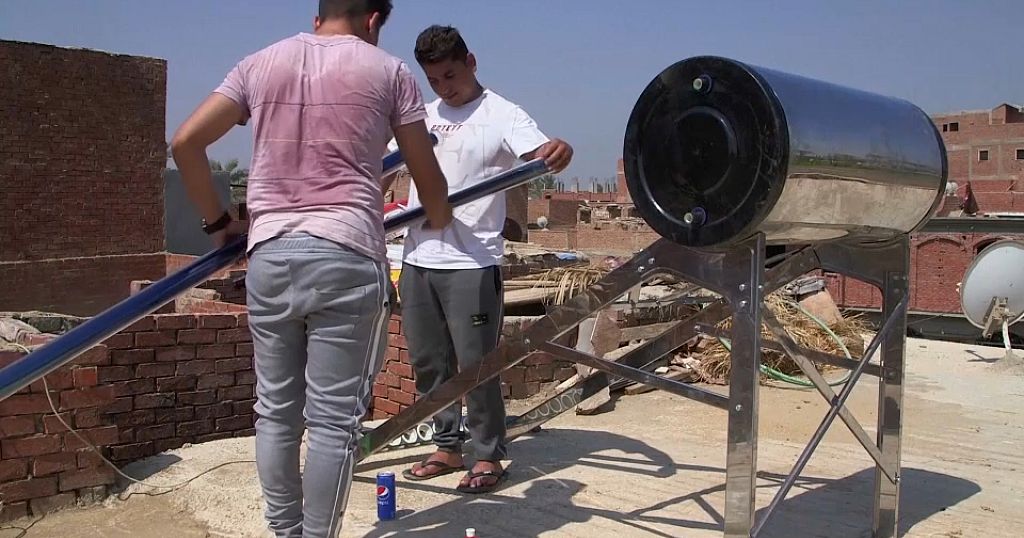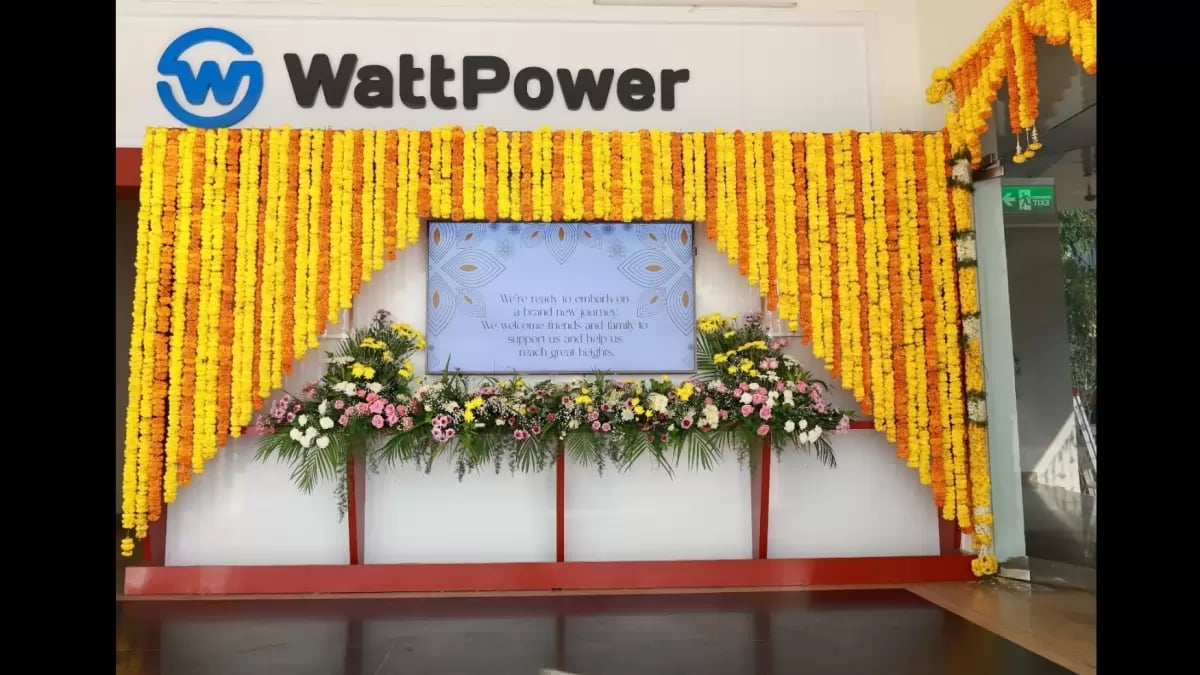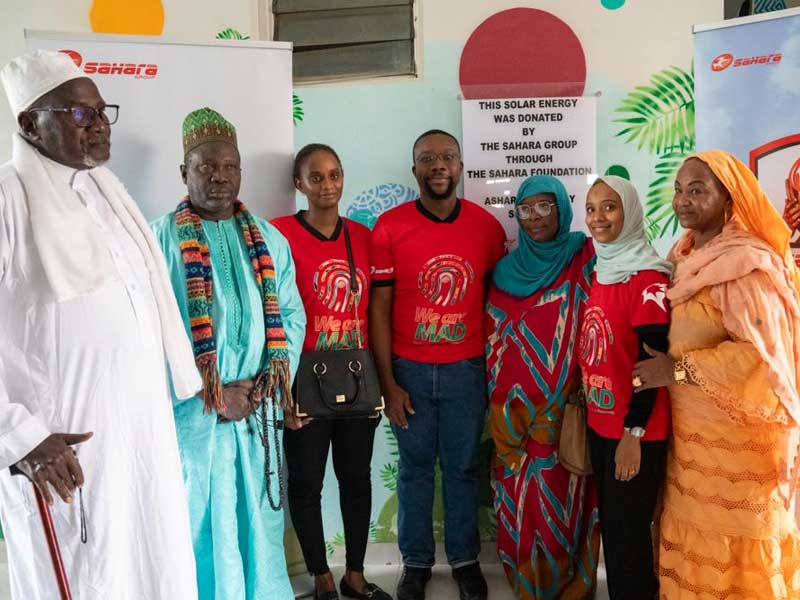Empowering Households with Solar Energy
Shamsina, a startup social enterprise in Egypt, is transforming energy usage in rural areas by providing locally manufactured solar water heaters. Mohamed Zaki Makhlouf, a 62-year-old retiree in Fayyoum, recently embraced this innovation, giving his family their first direct source of hot water. The initiative aligns with Egypt’s green energy policies and aims to alleviate the burden of traditional water heating methods.
Addressing Energy Market Trends
Makhlouf’s family, like millions of Egyptians, traditionally relied on gas tanks to heat water on a kitchen stove. Shamsina’s subsidized solar water heaters offer a healthier, safer, and more environmentally friendly alternative. Co-founder and CEO Sara Mousa emphasizes the startup’s mission to improve households’ well-being by reducing the time and cost of heating water. This initiative also supports the solar energy market and highlights energy market trends favoring renewable resources.
Solar Technology Developments
Shamsina’s solar water heaters are a product of extensive local R&D and components, making them more affordable than imported options. With a hybrid business model, Shamsina targets higher-end consumers and businesses to fund solar heaters for low-income households. The company, incubated at Harvard Innovation Labs, has developed five iterations of its thermal solar water heater and piloted 30 units in various low-income neighborhoods.
Economic and Environmental Impact
The Makhlouf household, earning EGP 5500 ($178) monthly, spends a significant portion on gas cylinders, especially in winter. Shamsina’s solar heaters reduce this expense and alleviate the financial strain on Egypt, which imports and subsidizes a large portion of its butane cylinders. By adopting solar energy, Egypt can reduce its reliance on fossil fuels and achieve its renewable energy targets outlined in Egypt Vision 2030.
Future Prospects and Market Analysis
Despite their benefits, solar water heaters may not fully replace conventional heaters in Egypt’s densely populated cities due to space constraints. However, engineering professor Omar Abdelaziz predicts they could capture up to 30% of the market share, particularly in remote and rural areas. Solar water heaters represent a crucial element in Egypt’s overall energy strategy, contributing to greenhouse gas reduction and energy empowerment.
Shamsina’s efforts reflect the broader global shift towards renewable energy and sustainable practices. By leveraging solar technology developments, the startup not only improves living conditions but also supports Egypt’s green energy policies and solar energy investment goals.
Source:africanews.com





